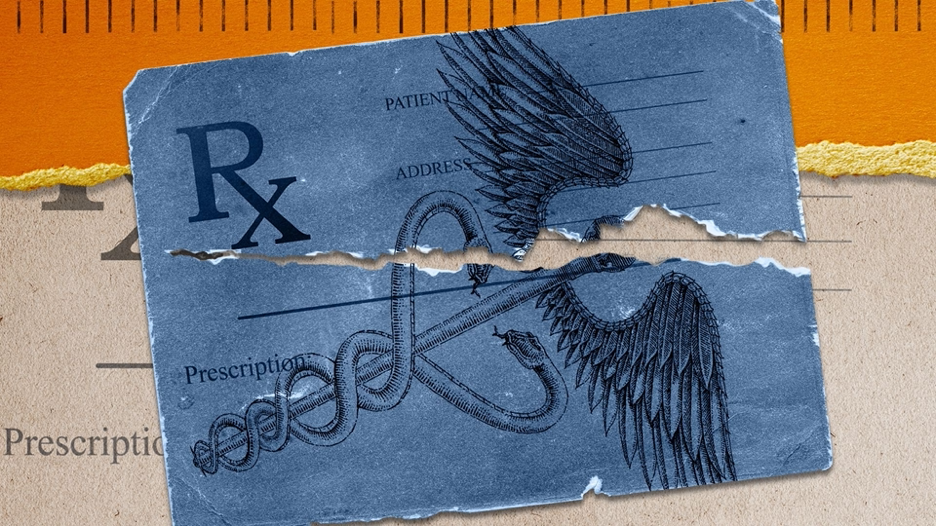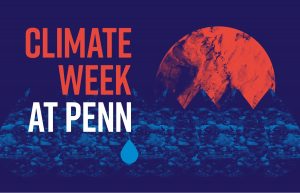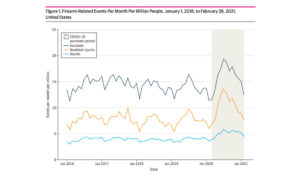There’s been a drastic increase in the number of Americans who need mental health care, putting even more stress on a system that was already strained by the significantly lower pre-pandemic demand.
Between the lines: In a competition for scarce resources, the most vulnerable people — particularly those who don’t have access to care or can’t afford it — are most likely to lose out.
The big picture: Access to mental health care has been an issue for decades, and the system has long struggled with provider shortages and spotty insurance coverage.
But demand for care has spiked during the pandemic, and like other health providers, many of those who specialize in mental health are burned out.
“Prior to the pandemic, we had a workforce system that could not meet the need when it comes to mental and behavioral health care, and the pandemic has only exacerbated that,” said Vaile Wright, senior director for health care innovation at the American Psychological Association.
By the numbers: Psychologists are reporting increases in demand for care since last year — when demand had already spiked compared to before the pandemic, according to a recent survey by the APA.
The greatest increases in demand are for treatment for depression, anxiety and trauma- or stressor-related disorders.
Around two-thirds of psychologists surveyed said their waitlists have gotten longer since the pandemic started and that they don’t have the capacity for new patients. Nearly half said they feel burned out.
Between the lines: Different geographic and demographic populations struggle more than others with access to care.
People in rural areas, non-English speakers and children are facing particularly acute provider shortages, Wright said.
In 2020, white adults were more likely to have received any mental health treatment than Black, Hispanic or Asian adults, according to the CDC.




